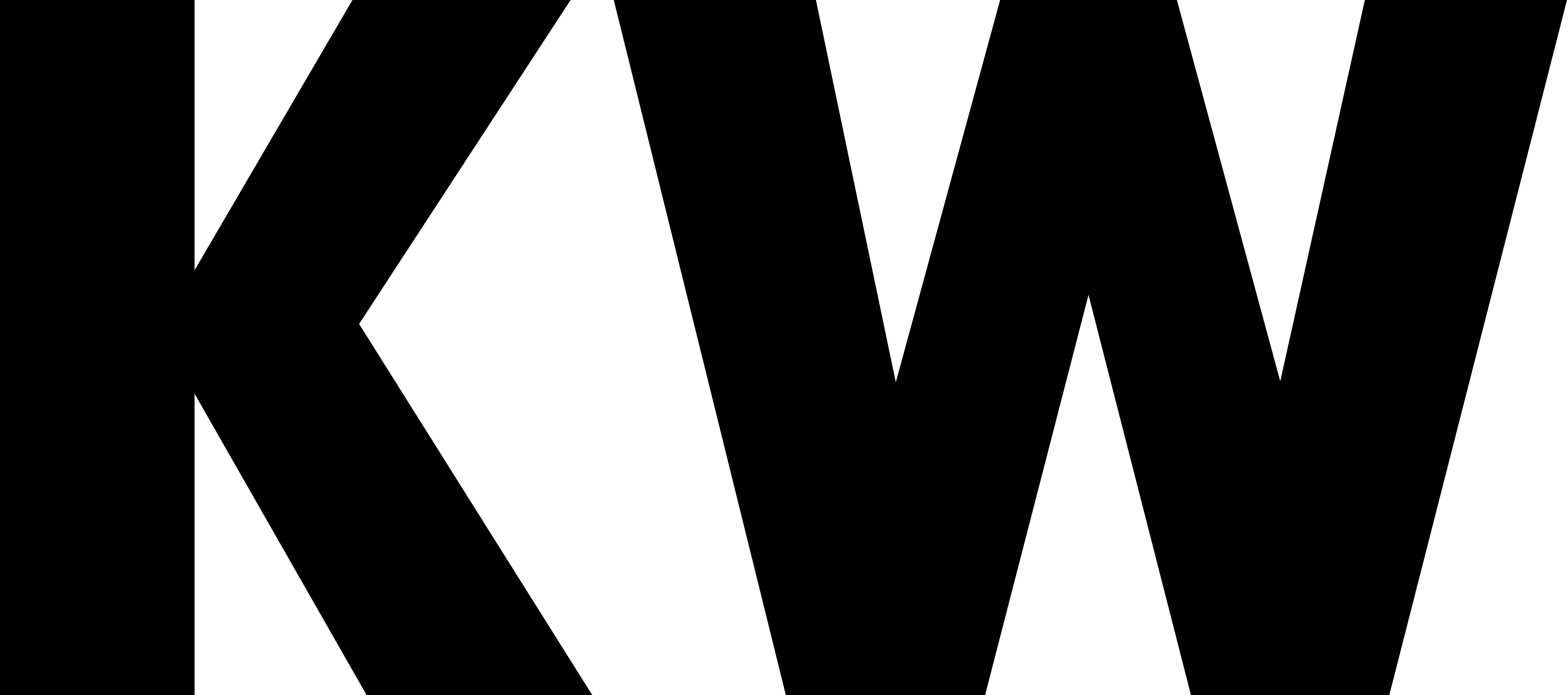João Maria Gusmão + Pedro Paiva
Papagaio
This exhibition brings together over twenty 16mm short films and two camerae obscurae, all produced over the last ten years. These works are presented within a site-specific installation, complemented by the titular film Papagaio (DJAMBI).
Since 2001, Gusmão + Paiva have continually produced new experimental arrangements that are poised on the verge between the visible world and its withdrawal, questioning the borders between the concepts of the human and the inhuman. Translating paradoxes through cinematic media, the artists defamiliarize the visitors from her/his quotidian gaze and produce a “time machine” experiment: the films slow down reality until they reveal the different qualities within the visible.
The sometimes found, sometimes mounted settings are shot accordingly to strict formal rules: the camera stays within a fixed distance and angle from its subject, and focuses each time on precisely one motif, one sequence of movement, or one activity; all films operate purely visual.
Papagaio (DJAMBI), which translates as parrot, uses a different composition principle: the new 43-minute film was shot last year on the central African island of São Tomé and depicts a local voodoo ritual invocating the deceased forefathers. The camera is passed along from the artists to the participants, who are in trance and possessed by the spirits of the dead. The approach to time shifts from infinite repetition to a vastly stretched moment. The film thus stages an encounter with the realm of the dead to account for what cannot be experienced by the living.
Papagaio was co-produced with Pirelli HangarBicocca in Milan and Camber Arts Centre in London.
Curated by Ellen Blumenstein and Vicente Todolí.
The exhibition is funded by Fürstenberg Zeitgenössisch, and the Embassy of Portugal / Camões-Instituto da Cooperação e da Língua. With special thanks to Sies + Höke, Düsseldorf.




